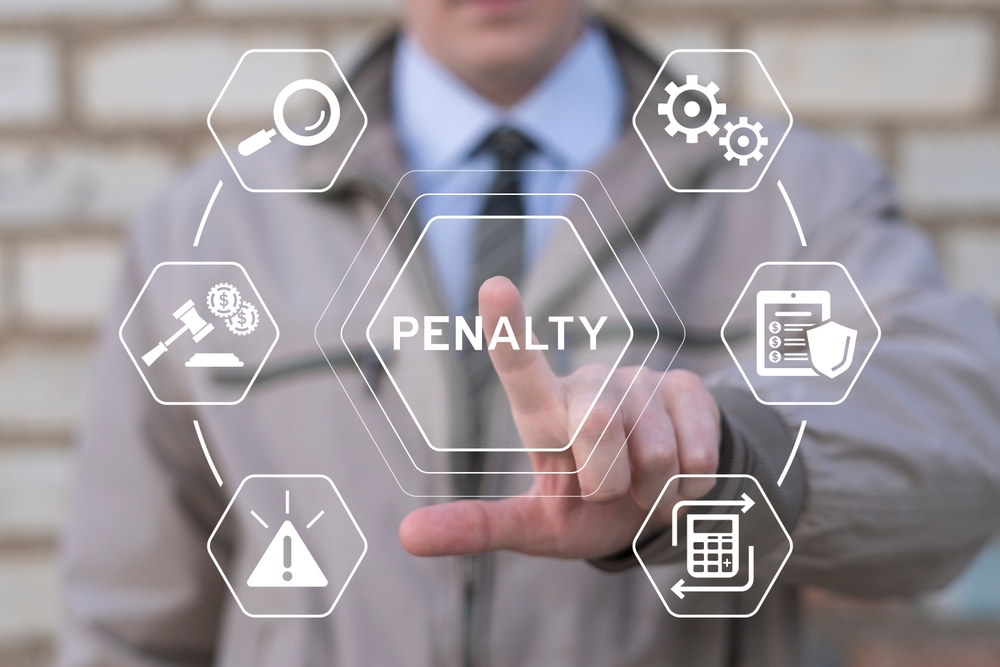
Melanie’s Law, enacted in 2005, reshaped how Massachusetts handles drunk driving cases. It added new crimes, lengthened license suspensions, and required ignition interlock devices for many drivers. The Law was designed to target repeat offenders, but its reach extends far beyond, affecting anyone charged with an OUI.
For drivers, the impact is immediate and profound: longer suspensions, mandatory penalties, and, in some cases, felony charges. These consequences can follow you for years, from loss of employment opportunities to the financial and personal strain of restricted driving.
At Riccio Law, we focus on protecting clients against the harshest outcomes under Massachusetts OUI laws. This includes defense strategies under Massachusetts OUI Defense as well as the unique penalties created by Melanie’s Law.
Don’t let one decision define your future. Contact Riccio Law today to speak directly with Attorney Riccio about your defense.
Melanie’s Law was passed in Massachusetts in 2005 after a tragic fatal accident caused by a repeat drunk driver. The Law’s purpose is clear: to increase penalties for OUI, protect the public, and strongly deter repeat offenses.
Instead of focusing solely on fines or short suspensions, the Law created new crimes and extended license loss periods. It mandated the use of technology, such as ignition interlock devices, to prevent future harm. For drivers, it means even a single misstep after a prior OUI can now carry lifelong consequences.
Melanie’s Law introduced several strict rules that directly affect drivers charged with OUI. The most significant provisions include:
Each of these penalties was designed to discourage repeat offenses and protect the public. But they also create steep risks for anyone accused under this Law.
Melanie’s Law adds layers of punishment on top of the normal OUI penalties. License suspensions are more extended, often stretching years beyond what was previously imposed.
Certain offenses, like driving with a child passenger or operating after an OUI suspension, carry mandatory jail sentences that judges cannot waive.
For many drivers, the Ignition Interlock Device becomes a constant burden. Beyond the cost of installation and monitoring, even minor errors or missed tests can result in extended suspensions. A conviction under the Law also means a permanent record.
By the time someone reaches a fourth OUI, felony classification applies, along with the severe consequences that affect employment, housing, and long-term opportunities.

Despite its severity, Melanie’s Law cases can be challenged. Courts require the Commonwealth to prove prior convictions beyond a reasonable doubt, and in many instances, the records are incomplete or flawed. Inaccuracies in old dockets or procedural mistakes can prevent prosecutors from stacking charges as they intend.
Ignition Interlock Device requirements are another area where mistakes occur. Judges and prosecutors may misapply the rules, creating room to contest whether the device should have been ordered at all.
Defense also often focuses on the legality of the underlying stop or arrest, because if the foundation is weak, the added penalties cannot stand.
Even when evidence appears strong, strategic negotiations can sometimes result in reduced overcharged cases to more manageable outcomes. A focused defense is about exposing weaknesses while protecting long-term rights and opportunities.
At Riccio Law, every defense begins with a close look at both the new charge and the prior OUI history the Commonwealth wants to use against you. Attorney Riccio secures RMV records, court dockets, and police reports to confirm whether past convictions were documented correctly and admissible in court. Many cases hinge on mistakes in old files or procedural gaps.
Next, he audits those prior convictions in detail. If earlier pleas or findings lacked proper advisement of rights, or if documentation is incomplete, he moves to limit how those records can be used to enhance penalties under Melanie’s Law. This step often makes a significant difference in sentencing exposure.
He then examines the current arrest itself, from the traffic stop and field testing to breathalyzer procedures and officer conduct. Any constitutional violations, calibration errors, or failures to follow required protocols can form the basis for motions to suppress evidence, weakening the prosecution’s case before it reaches trial.
Finally, Riccio Law operates on two tracks: aggressive courtroom defense and practical mitigation. This includes presenting treatment records, complying with IID requirements, and providing strong evidence at RMV or Board of Appeal hearings.
This combination provides clients with the best opportunity to minimize penalties, preserve their driving privileges, and move forward with their lives.
Choosing the right defense lawyer for a Melanie’s Law case can make the difference between severe penalties and a path forward.
When your license, record, and freedom are at risk under Melanie’s Law, Riccio Law offers the trusted defense and support you need.
Yes. Repeat OUI charges or violations, such as driving after an OUI suspension, can elevate the case to felony-level consequences.
For second and subsequent OUIs, an IID is required during the hardship license period and for at least two years after reinstatement.
In some cases, substantial legal challenges to prior convictions or procedural flaws may result in reduced charges or penalties through negotiation and settlement.
It creates stricter rules. Eligibility is limited, and IID installation is mandatory for those approved, often under close RMV monitoring.
Melanie’s Law cases carry some of the harshest consequences in Massachusetts, from felony exposure and long-term suspensions to costly Ignition Interlock requirements. Every decision you make early on can shape the rest of your case.
At Riccio Law, you speak directly with Attorney Anthony Riccio, not through layers of staff. You’ll get clear answers, realistic options, and an aggressive defense designed to protect your license, your record, and your freedom.
Don’t wait until penalties pile up. Contact us today to schedule a confidential consultation and begin building a defense that puts you back in control of your future.